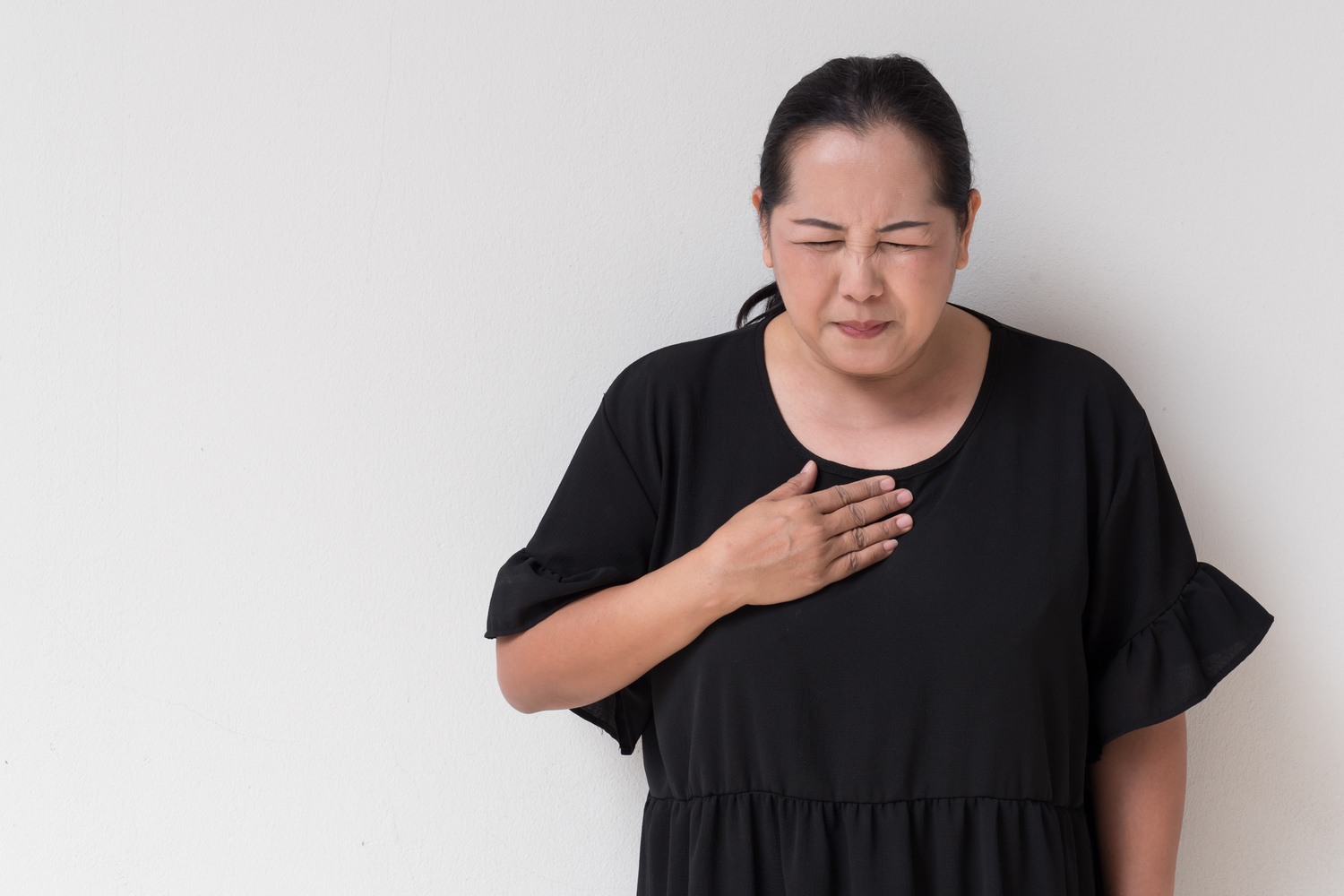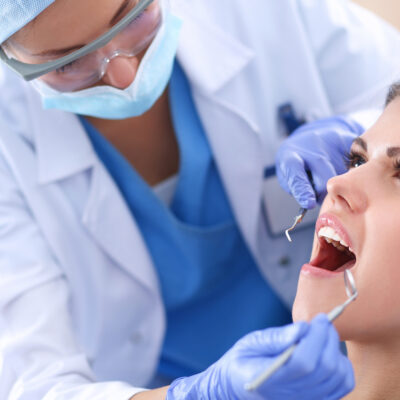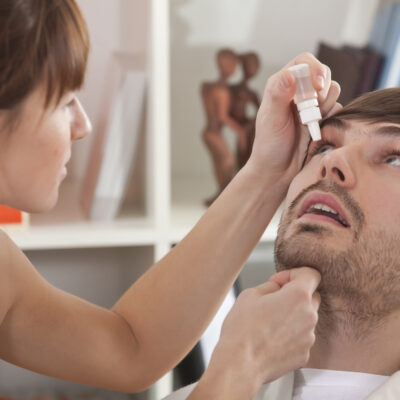
11 ways to prevent GERD
What you eat is important for a long, healthy life. But do you know how much you eat, and when you eat are also equally important? Wholesome nutritional food and correct eating habits play a crucial role in preventing GERD (Gastroesophageal Reflux Disease), a digestive disorder. The abnormal backward flow of the acids from the stomach into the esophagus causes heartburn and chest pain when you suffer from GERD. It can be completely prevented with a certain lifestyle and diet modifications.
Here are 11 ways to prevent GERD:
- Avoid foods that you know can lead to heartburn or give rise to symptoms of Gastroesophageal Reflux Disease. Instead eat a balanced diet that has a variety of vitamins, minerals, and fiber that calm down the stomach and ease symptoms.
- Eat small meals more frequently. Heavy meals can make you feel very full and put unnecessary pressure on the stomach. This could cause the lower esophageal sphincter (LES) to relax and lead to regurgitation or acid reflux.
- Don’t give in to temptations in-between meals. Snacking usually results in you having unhealthy foods at the wrong time of the day. So it is best to avoid it completely and stick to consuming food that is good for your health.
- Chew your food well and eat slowly. This way you will eat just the right amount of food you need, and your stomach will manage to digest the food better and prevent acid reflux.
- Lose weight if you are obese or plump. Excess fat puts enormous pressure on the abdomen and stomach, and is one of the significant cause of GERD. Maintaining a healthy weight is ideal for preventing this disease that can become a chronic condition.
- Avoid lying down horizontally right after having your food. Staying upright to allow the stomach acids to perform their function efficiently is crucial for the digestion process. In the evening, have your dinner at least 2-3 hours before your bedtime so the stomach has enough time to process the food before you lie down.
- When you lie down, make sure that not just your head, but the entire upper portion of your body is in an elevated position. This helps prevent acid reflux.
- Wear comfortable loose fitting clothing that is not tight or requires you to wear a belt. This can put pressure on your abdominal region and trigger the symptoms of Gastroesophageal Reflux Disease.
- Quit smoking and the habit of consuming alcohol. Both of these have negative effects on the LES.
- Make a thorough research about which medications you normally take cause irritation in the esophagus can exacerbate the symptoms of GERD. Excess intake of antacids too can cause unwanted side effects.
- Practice yoga, meditation, or TaiChi to lead a relaxed, stress-free life. This too will help in preventing GERD.
In addition to following the above mentioned recommendations, it is best to consult your doctor and follow his/her advice to prevent the onset of GERD.


